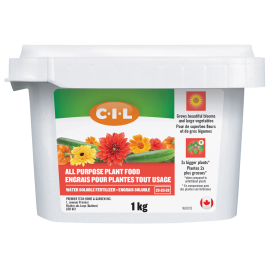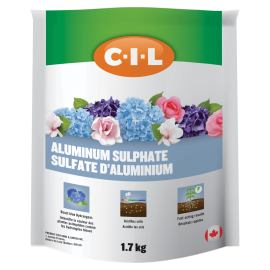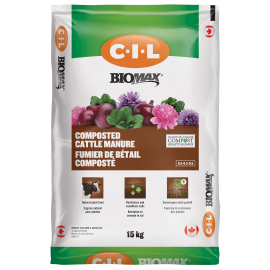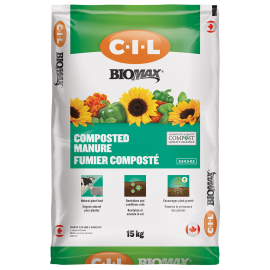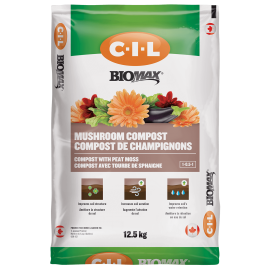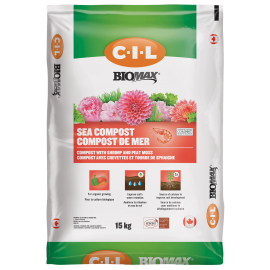What is the Purpose of Mulch in your Garden?
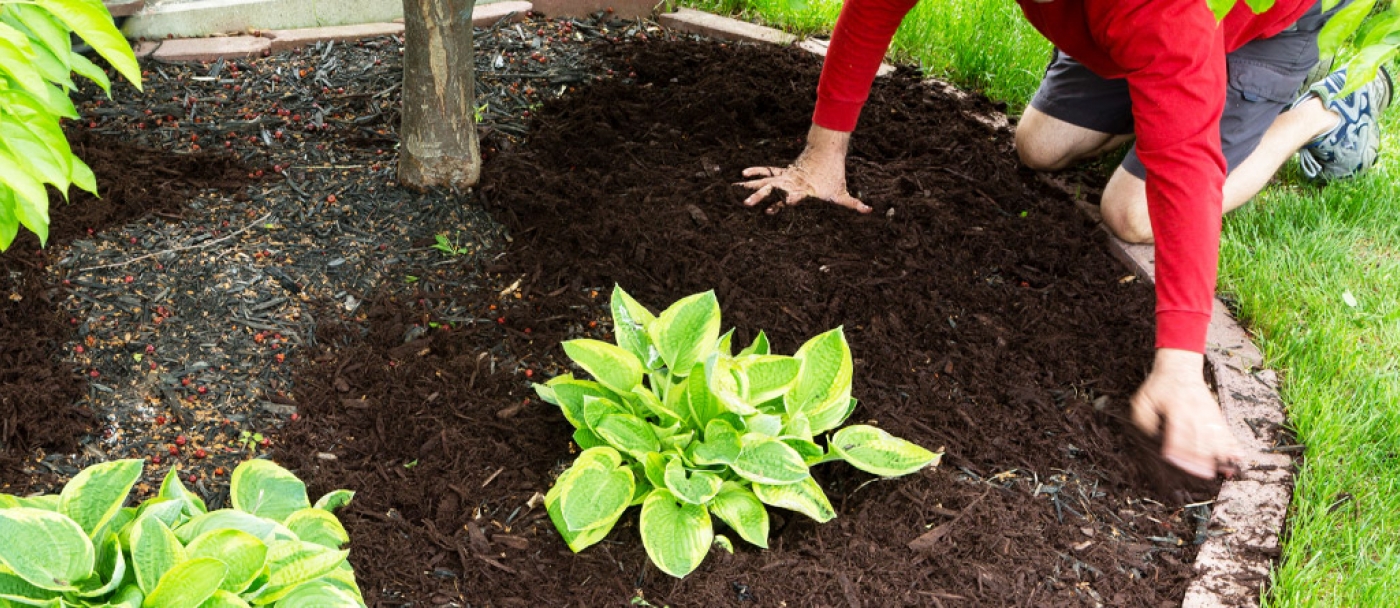
Whether you’re growing flowers, trees, shrubs, or vegetables, natural mulch such as shredded or chipped bark, pine needles, straw, compost, or leaf mulch is the gardener’s best friend. When used properly, mulch creates healthy growing conditions for plants and makes life easier for you.
There are a number of good reasons for using mulch, including the following:
- Weeds are a constant problem for gardeners. If they aren’t controlled, they aren’t only unsightly; weeds steal nutrients and moisture from plants. Mulch helps keeps weeds in check by suffocating them and blocking the light.
- A 5- to 7.5-cm layer of mulch helps the soil retain moisture and prevents evaporation. Plants don’t dry out so fast and as a result, you don’t need to water as often.
- A generous layer of mulch applied after the soil freezes in autumn keeps soil cold during warm spells, thus decreasing the possibility that plants may be pushed out of the ground by alternate periods of freezes and thaws.
- When temperatures climb during the summer months, mulch helps keep the soil cool and moist.
- Mulch prevents the surface of the soil from crusting over. Some soil develops a thick crust that blocks moisture from reaching plant roots.
- A layer of mulch prevents irrigation or rainwater from splashing on plant leaves. Many plants are prone to fungal diseases if the foliage is consistently moist.
- Mulch also prevents the area between plants from becoming muddy. For this reason, it also works well on garden paths and walkways.
- As mulch gradually breaks down, it improves soil texture and drainage, and also adds nutrition to the soil. This earthy, organically rich soil invites earthworms and beneficial microbes.
- Mulch provides a neat, well-kept look to your garden, and enhances your home’s curb appeal.
